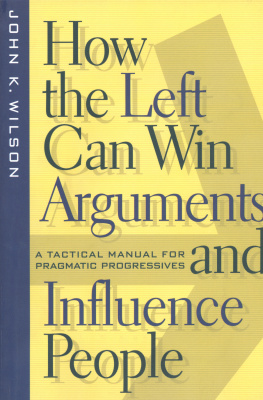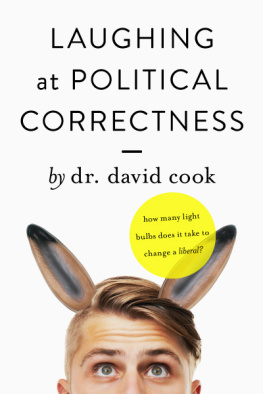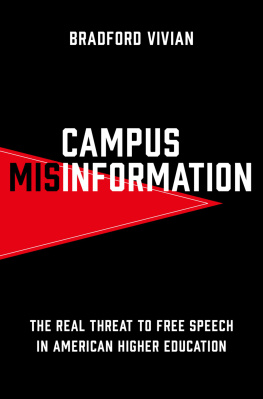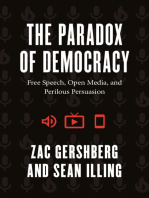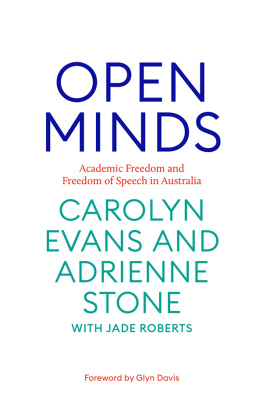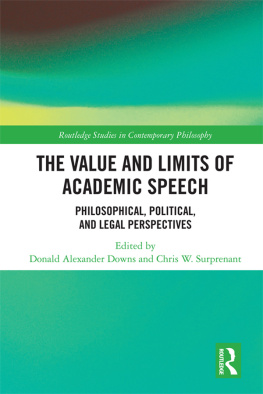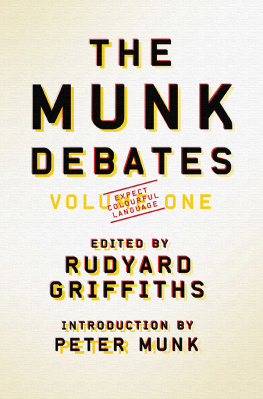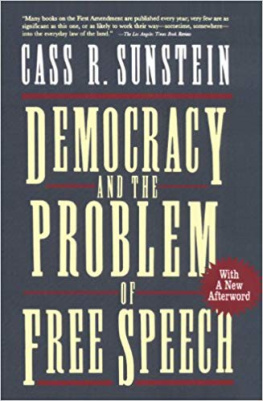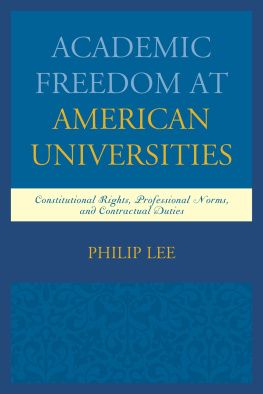PATRIOTIC CORRECTNESS
Cultural Politics & the Promise of Democracy
A Series from Paradigm Publishers
Edited by Henry A. Giroux
Empire and Inequality: America and the World Since 9/11 (2004), Paul Street
Caught in the Crossfire: Kids, Politics, and Americas Future (2005), Lawrence Grossberg
Reading and Writing for Civic Literacy: The Critical Citizens Guide to Argumentative Rhetoric (2005), Donald Lazere
Why Are We Reading Ovids Handbook on Rape? Teaching and Learning at a Womens College (2005), Madeleine Kahn
Schooling and the Struggle for Public Life, Updated Edition (2005), Henry A. Giroux
Listening Beyond the Echoes: Media, Ethics, and Agency in an Uncertain World (2006), Nick Couldry
Michel Foucault: Materialism and Education, Updated Edition (2006), Mark Olssen
Pedagogies of the Global: Knowledge in the Human Interest (2006), Arif Dirlik
Not Only the Masters Tools: African American Studies in Theory and Practice (2006), edited by Lewis R. Gordon and Jane Anna Gordon
The Giroux Reader (2006), Henry A. Giroux, edited and introduced by Christopher G. Robbins
Patriotic Correctness: Academic Freedom and Its Enemies (2008), John K. Wilson
Against the Terror of Neoliberalism (2008), Henry A. Giroux
Thinking Queerly: Posthumanist Essays on Ethics and Identity (2008), David Ross Fryer
PATRIOTIC CORRECTNESS
ACADEMIC FREEDOM
AND ITS ENEMIES
JOHN K. WILSON
First published 2008 by Paradigm Publishers
Published 2016 by Routledge
2 Park Square, Milton Park, Abingdon, Oxon OX14 4RN
711 Third Avenue, New York, NY 10017, USA
Routledge is an imprint of the Taylor & Francis Group, an informa business
Copyright 2008, Taylor & Francis.
All rights reserved. No part of this book may be reprinted or reproduced or utilised in any form or by any electronic, mechanical, or other means, now known or hereafter invented, including photocopying and recording, or in any information storage or retrieval system, without permission in writing from the publishers.
Notice:
Product or corporate names may be trademarks or registered trademarks, and are used only for identification and explanation without intent to infringe.
Library of Congress Cataloging-in-Publication Data
Wilson, John K., 1969
Patriotic correctness : academic freedom and its enemies / John K. Wilson.
p. cm. (Cultural politics and the promise of democracy)
Includes bibliographical references and index.
ISBN 978-1-59451-193-6 (hc)
ISBN 978-1-59451-194-3 (pbk)
1. Academic freedomUnited States. 2. Freedom of speechUnited States.
3. PatriotismUnited States. I. Title.
LC72.2.W55 2007
378.1213dc22
2007015062
Designed and typeset by Straight Creek Bookmakers.
ISBN 13: 978-1-59451-193-6 (hbk)
ISBN 13: 978-1-59451-194-3 (pbk)
Contents
INTRODUCTION
The Rise of Patriotic Correctness
CHAPTER ONE
Academic Freedom in America after 9/11
CHAPTER TWO
Censorship on Campus of Criticism of Israel
CHAPTER THREE
David Horowitzs Crusade for the Academic Bill of Rights
CHAPTER FOUR
Biased Numbers: Counting Democrats and Republicans on Campus
CHAPTER FIVE
Conservative Correctness and Free Speech on Campus
CHAPTER SIX
What Would Jesus Censor?
CHAPTER SEVEN
Dangerous Words: Freedom of the Press on Campus
CHAPTER EIGHT
The Wal-Mart University
CONCLUSION
Fighting for Academic Freedom
Academic freedom is always one of the first casualties of war. Like other civil liberties, academic freedom is seen as dangerous because it protects dissent at a time when national unity is demanded by those in power. The attacks of September 11, 2001, evoked calls for suppression of free thought, and academic freedom has been put in jeopardy at colleges around the country. Most alarmingly, the attacks on academic freedom are increasing, not abating. As 9/11 becomes a historic event rather than an immediate memory, the movement against academic freedom keeps growing in influence.
The post-9/11 attack on academic freedom is also alarming because it represents the first major setback for academic freedom in a half-century. The history of academic freedom in the United States has been largely a story of continual improvement in civil liberties on college campuses. For the past century, with few exceptions, the protection of dissent in American higher education has steadily increased. Today, the idea of academic freedom is under a new assault.
The Meaning of Academic Freedom
Academic freedom, as defined by the American Association of University Professors (AAUP) in its 1915 and 1940 Statements of Principles, traditionally refers to the freedom of faculty to research, to teach, and to speak out like any other person.None of these rights are unlimited: A researcher isnt allowed to embezzle research funds; a teacher of a calculus class isnt allowed to devote all of the class time to teaching the works of Shakespeare to puzzled students expecting to learn math; and a professor who writes a letter to the newspaper proclaiming that he always fails students from a particular ethnic group should quickly be out of a job.
But professors must have an enormous amount of latitude to determine their research topics and teaching techniques, leaving it to qualified faculty to judge the quality of their work and whether it is deserving of tenure or promotion. For extramural utterances (the term for speaking in public or writing a letter to the newspaper), the principles of academic freedom provide a near-absolute protection.
In a free university, academic freedom belongs to students, too. Although student academic freedom originally referred only to the right to choose ones classes, its meaning was transformed during the twentieth century to encompass a broad range of civil liberties, including the right to speak freely, the right to protest peaceably, the right to a free press, the right to due process, and the right to invite any speakers to campus. Academic freedom is not some obscure idea invented by professors to protect themselves. It is a human right belonging to everyone, because academia provides us with a model for encouraging freedom and dissent throughout society.
The meaning of academic freedom is still disputed. Many conservative critics of academe cling to an archaic form of academic freedom abandoned long ago, which asserts that professors have only the freedom to express scholarly views, and not controversial political viewpoints. Others would give professors the freedom to express their views in public, but not in a classroom. But restricting academic freedom in the classroom is a dangerous principle. Whom can we trust to monitor ideas? The history of higher education is full of examples where the power to constrain controversy is abused to silence dissent.
Throughout most of the history of American higher education, there was no academic freedom. When Harvard College was founded in 1636, the teachers had no rights, and the students had no freedoms. The 1646 Statutes of Harvard imposed sharp restrictions on the freedom of students, forcing them to read the Bible twice a day and severely regulating expression: They shall eschew all profanation of Gods holy name, attributes, word, ordinances, and times of worship. Even the speaking of English was largely banned: The Scholars shall never use their Mother tongue except that in public exercise of oratory or such like.


